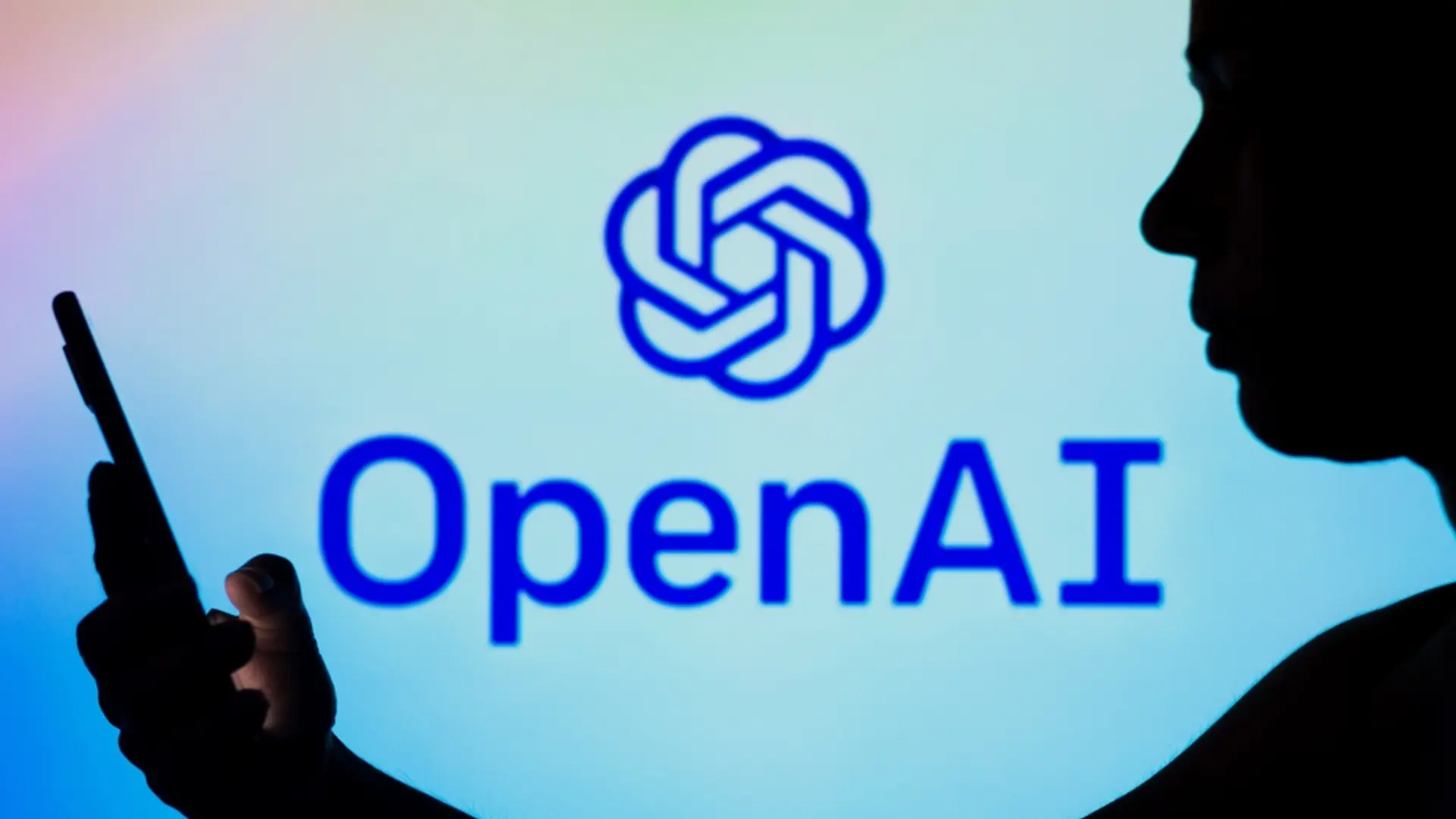Microsoft, Apple step back from OpenAI board observer roles: Report
While Microsoft informed OpenAI it would be stepping down from its observer role on the board, Apple is opting not to take up a similar position.
Tech giants Microsoft and Apple are stepping back from board observer ties with OpenAI, with the Windows maker vacating its observer role, and the iPhone maker opting not to join, according to a report.
This comes as global regulators tighten their watch on Big Tech’s investments in artificial intelligence (AI) startups. Concerns about competition, data privacy, and the ethical development of AI are prompting a shift, with some tech giants scaling back their involvement.
In a recent letter, Microsoft informed OpenAI that it would be stepping down from its observer role on the board, effective immediately, the Financial Times reported. Microsoft and OpenAI have long-standing partnership focused on AI advancement, with the former having already invested $13 billion in the ChatGPT maker.
YourStory could not independently verify the report.
Amidst the turmoil that enveloped OpenAI last year, when CEO Sam Altman was abruptly dismissed by the board and then reinstated just days later, Microsoft agreed to take a non-voting role on the board.
Apple, on the other hand, had planned to join OpenAI’s board as an observer as part of a deal to integrate ChatGPT into its devices. However, the iPhone maker has decided against it, the report added.
OpenAI is revamping its engagement strategy with key partners like Microsoft, Apple, and investors such as Thrive Capital and Khosla Ventures with regular meetings, an OpenAI spokesperson told the Financial Times.
In the face of growing antitrust concerns, Microsoft and OpenAI have been actively downplaying their ties. This distancing strategy comes as regulators around the world clamp down on potential anti-competitive practices by Big Tech companies.
The European Commission, for instance, has looked into Microsoft’s multibillion-dollar partnership with OpenAI, specifically the exclusivity clauses. While the bloc’s executive arm concluded Microsoft hadn’t gained controlling ownership, its investigation highlighted concerns that such clauses could limit access to OpenAI’s technology for competitors.
The US Federal Trade Commission (FTC) is also looking into the dominant roles that Microsoft, OpenAI and Nvidia play in the AI industry.
The AI race is intensifying as companies such as Google, Meta, OpenAI, and, most recently, Apple, reveal their plans to make AI easily accessible to users on their devices.
Back in May, ChatGPT maker OpenAI unveiled its new flagship AI model—GPT-4o—which is said to reason across audio, vision, and text in real-time. Last month, iPhone maker Apple revealed its very own brand of intelligence—Apple Intelligence—during its Worldwide Developers Conference 2024 keynote.
Edited by Megha Reddy








